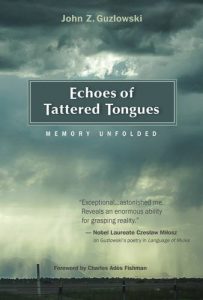The UIUC Library houses a rich collection of Chinese literature in the vernacular and in English translation. This spring we are featuring a pop-up display of titles curated by Dr. Bing Wang, our new Chinese Studies Librarian, which is located at the entrance to the Reading Room (room 200) in the Main Library. Click here for more information and resources about Chinese Studies at the UIUC Library.
To pique your interest in these books, Dr. Wang offers a summary of one of her favorites: Confucian Analects on Skin (人皮论语 /Ren pi lun yu) by Wenbiao Ye.
The term “canon” originates from the Greek word denoting principles, norms, standards, and measures. For ordinary individuals, canons represent the unwavering tenets that demand rigorous adherence as the embodiment of truth. But, what about in the event that canons are deliberately distorted and manipulated by authorities for their own vested interests? What might be the costs if individuals opt to advocate the truth?
The book Confucian Analects on Skin 《人皮论语》is a captivating historical mystery fiction that delves into the struggles and conflicts faced by ordinary individuals in their quest to unveil the authentic canon, which stands in opposition to the manipulated version imposed by imperial authorities. Authored by Wenbiao Ye 冶文彪, a renowned contemporary Chinese writer specializing in fictional historical mysteries, this narrative revolves around the Analects (the Sayings of Confucius), which have long been revered as the cornerstone of Confucianism. Set against the historical backdrop of ancient China during the Han dynasty (202 B.C.–220 A.D.), this book unveils a mysterious manuscript inscribed on human skin that appears in the nation’s capital. The text displays variations from the officially endorsed and widely accepted version of the Analects; however, these words engraved on human skin adhere to the authentic original but are now known solely by one person. How will individuals respond to these divergent interpretations of the canon? Will they be willing to unearth the truth regardless of potential repercussions, even at the cost of sacrificing their own lives and those around them? Alternatively, might people choose self-silencing in exchange for personal and national interests? Amidst ideals, realities, loyalties, and tranquility, which aspirations will prevail among individuals?
–Dr. Bing Wang, Chinese Studies Librarian
Other works by Wenbiao Ye include The Pupil of Trust and the historical suspense series Qingming Shanghe Tu Mima (The Code of “Along the River During the Qingming Festival”), which was inspired by a famous handscroll painting attributed to Song dynasty artist Zhang Zeduan.
More Chinese-language fiction and poetry recommendations from Dr. Wang are available to check out now! English translations of some titles are also available.
Shi jian yi min = Time immigrant 时间移民
Cixin Liu (1969- ). Liu is probably the Chinese science fiction writer most familiar to Western readers due to American SFF author Ken Liu’s translations of his work. Best known for The Three-Body Problem; other works recently translated into English include Ball Lightning and Supernova Era. Liu is the winner of the 2015 Hugo Award, the 2017 Locus Award, and nine-time winner of the Galaxy Award.
Long yu di xia tie = 龙与地下铁
Boyong Ma (1980- ). Ma is a prolific novelist, columnist, and blogger; winner of the 2010 People’s Literature Prize. His short story “The City of Silence” was translated into English by American SFF author Ken Liu.
Ma, qin yi xia = 媽, 親一下
Jiubadao (pseudonym of Giddens Ko, 1978- ). Taiwanese novelist, screenwriter, and director. Best known for adapting and directing You Are the Apple of My Eye (2011) (based on his novel 那些年, 我們一起追的女孩) and most recently Miss Shampoo (2023) (based on his novel 精準的失控).
Tian ji = 天机
Series 1: PL2833.7.A386 T53
Series 2: PL2833.7.A386 T532
Jun Cai (1978- ). Cai is a popular writer of horror/suspense novels; winner of the Sina Literary Award. Other notable works include “The Child’s Past Life” (生死河, Sheng Si He) and “19th Floor of Hell” (地狱的第19层, Di Yu De Di Shi Jiu Ceng). Tian Ji was adapted as a movie in 2016.
Shanhe shengyan = 山河盛宴
Tian Xia Gui Yuan (pseudonym). Her novels Empress Fu Yao and Huang Quan have been adapted into television dramas (The Legend of Fu Yao and The Rise of Phoenixes).
Nan da = 男妲
Yingshu Cheng (1968- ). Other works in our collection: Wo Zeng Shi Liu Wang Xue Sheng and Nü Liu Zhi Bei.
Si wang zhi shu = 死亡之书
Ximin Li (1966- ). A popular mystery/suspense writer. We also have the Tang Town trilogy (Book 1, Book 2, Book 3).
Xiong di = Brothers 兄弟
English translation here.
Hua Yu (1960- ). A former dentist, Yu turned to a literary career in the 1980s and is today one of China’s most important writers of avant-garde fiction. His works have received many domestic and international awards, including the James Joyce Award (2002). Brothers won the Prix Courrier International, the Yasnaya Polyana Literary Award, and was shortlisted for the Man Asian Literary Prize. Several of Yu’s works have been adapted for television and film, most recently Chronicles of a Blood Merchant (as a Korean television drama) and Mistakes by the River (as a film titled Only the River Knows) in 2023.
Qi men zhi Fengming Shan = 旗门之凤鸣山
Tianwang90 (pseudonym)
Nie zi = 孽子 (vol. 3 of Bai Xianyong zuo pin ji)
Hsien-yung Pai (also written as Bai Xianyong, 1937- ). Pai is an influential modernist writer; during his student days at National Taiwan University, Pai co-founded the literary journal Xiandai Wenshue (Modern Literature). He earned an M.A. from the University of Iowa and is a professor emeritus of Chinese literature at UC Santa Barbara. Nie zi is a novel included in a multivolume collection of his works.
Hong fu ye ben = 红拂夜奔
Xiaobo Wang (1952-1997). Wang’s career was brief, but his writing—especially his essays—experienced a surge in popularity and influence after his death. Much of his fiction deals with Chinese history, including his best-known novel, Golden Age. We have an extensive collection of his writings!
Wa = 蛙
English translation here.
Yan Mo (1955- ). Mo is the winner of the 2012 Nobel Prize for Literature and numerous other international and domestic awards. Best known in the West for Red Sorghum. We have many of his works, both in Chinese and in English translation.
Mi yu zhe = 密語者
English translation here.
Geling Yan (1958- ). A novelist and screenwriter who writes in both Chinese and English. We have many of her works written in Chinese, English, and several in English translation. Several of her works have been adapted as films.
Qing hu = 青狐
Meng Wang (1934- ). Novelist and essayist; Wang served as China’s Minister of Culture 1986-1989. He was awarded the Mao Dun Literature Prize in 2015 for The Scenery Here, a previously unpublished novel written in the 1970s during his time as an imprisoned laborer in Xinjiang.
Bian xing = 变形
Duo Na (1977- ). Na is a prolific writer of supernatural/science fiction/suspense novels. A Chinese television adaptation of his novel 十九年间谋杀小叙 (No One Innocent in 19 Years Crime) has been announced but not yet scheduled.
Di Renjie zhi tong tian an = 狄仁杰之通天案
Anna Fangfang (pseudonym). A new take on the popular fictional/historical figure Di Renjie (Judge Dee), a Tang dynasty magistrate who investigates and solves cases.
Xiang si shu xia = 相思树下
Guanzhong Yu (1928-2017). Yu was a Taiwanese poet who graduated from the Iowa Writers’ Workshop and was part of the modernist circle that included Pai Hsien-yung. Best known for his poem “Nostalgia,” he was a prolific poet and essayist, taught Chinese and English literatures, spoke several Western languages, and published Chinese translations of Western literary works.
Lai ri fang chang : shi hua ji = 來日方長 : 詩畫集
Xun Jiang (1947- ). Jiang is a well-known Taiwanese artist, art historian, public intellectual, and writer.
Feng guo wan cheng = 风过晚城
Wancheng Geng


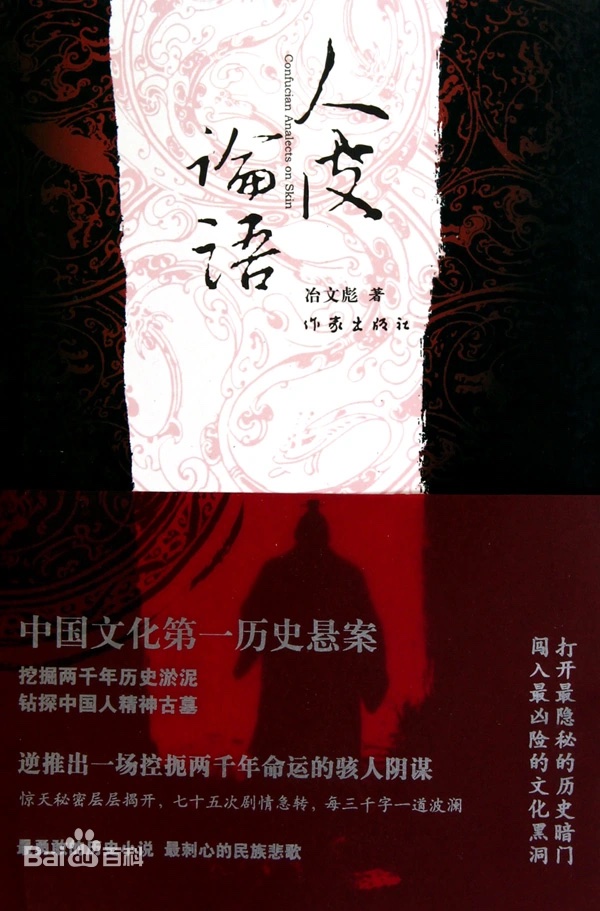
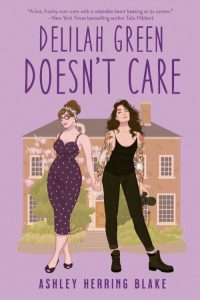
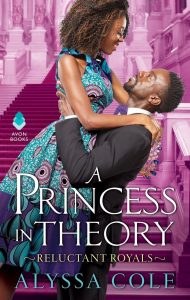
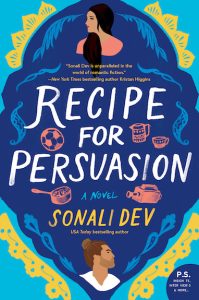
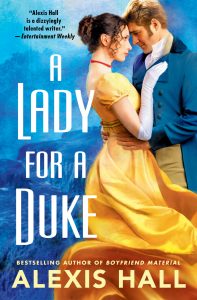
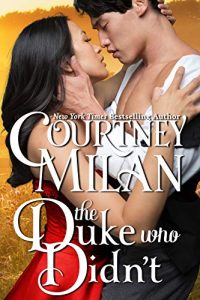
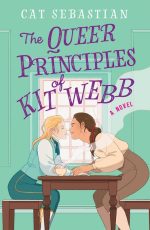
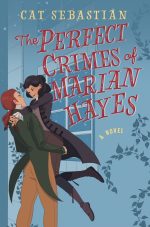
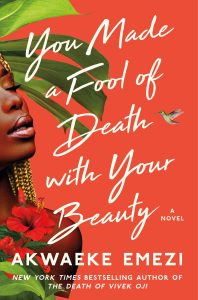
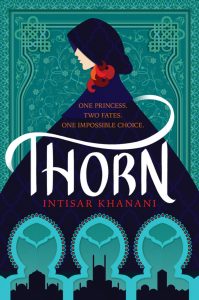
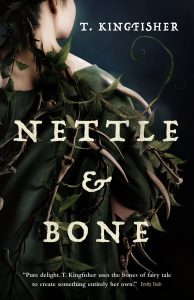
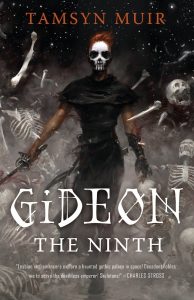
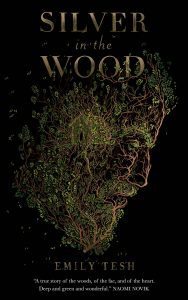
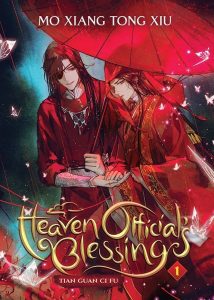
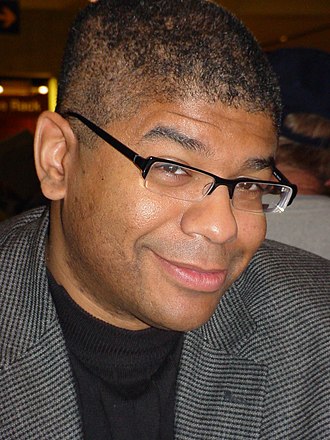
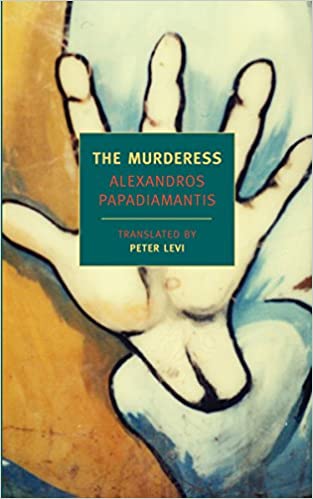
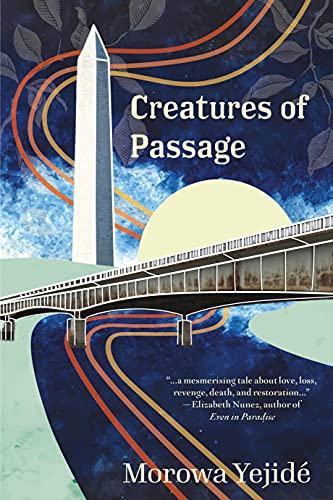
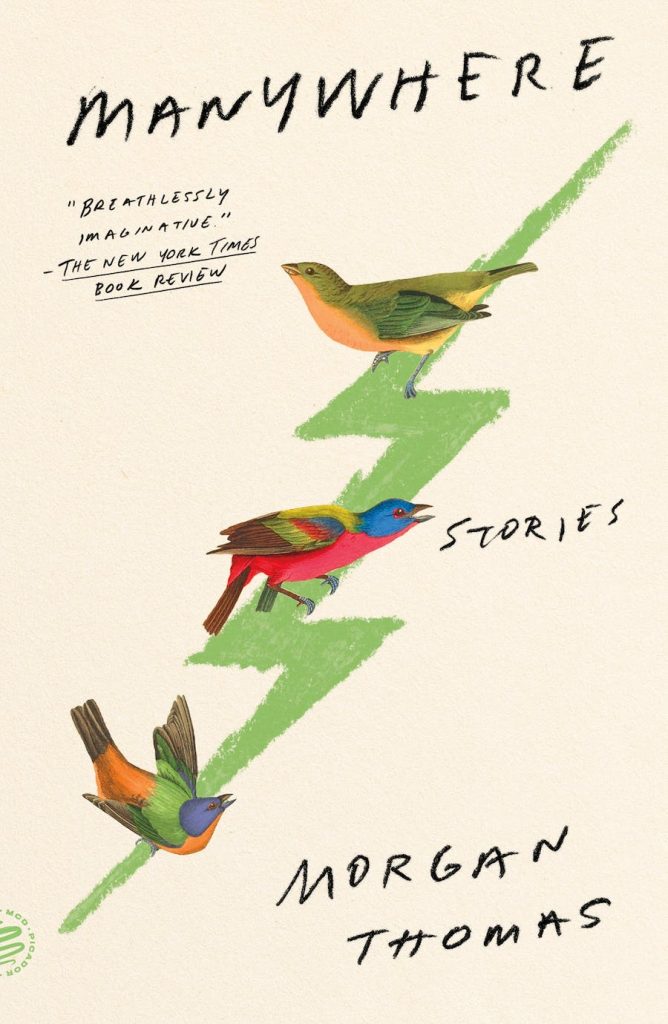




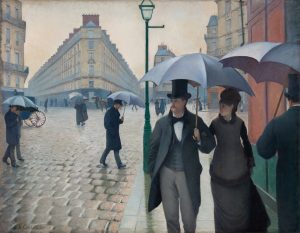
 Open City
Open City Quartet
Quartet Mrs. Dalloway
Mrs. Dalloway NW
NW French Milk
French Milk Taipei
Taipei